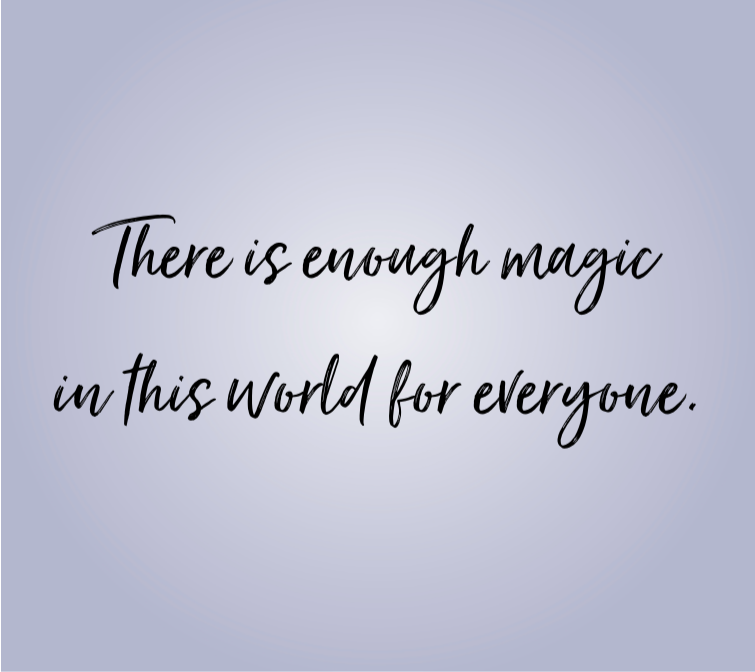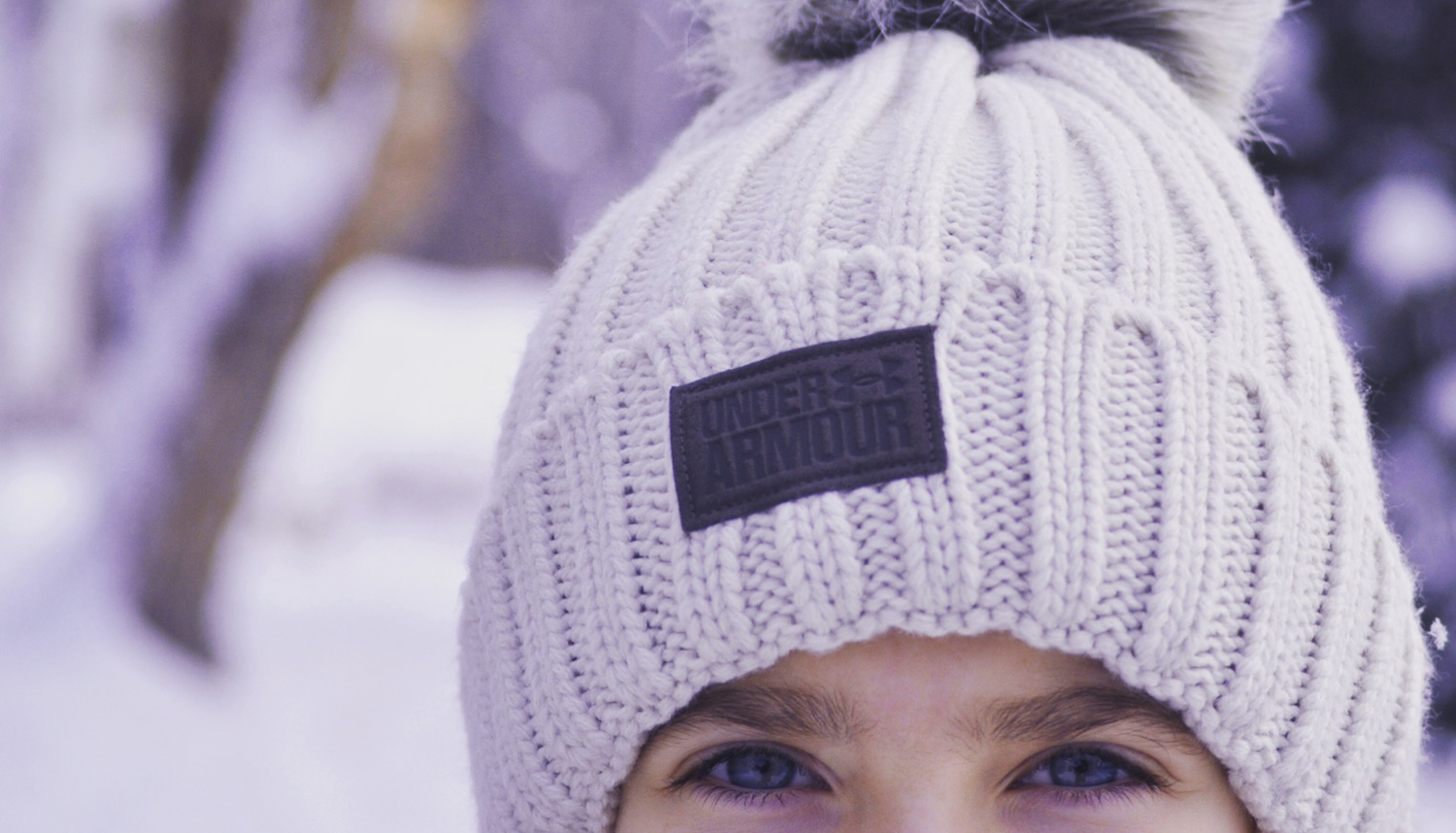VRATA >>
I’m studying yoga, and the very first day of our 10 week course, we discussed ”vrata.” Vrata is Sanskrit for vow. This word comes up often in our online studies, as well as the implications of vrata throughout yogic history. We learned that vrata connects inner intentions with outer actions, which is the essence of momentum in life and yoga. Vrata seals an intention and makes it real by speaking it into existence. There is sound value to vrata. I double underlined that phrase in my notes. Sound value. You become what you articulate because vrata gives us direction and empowers us. It has karmic weight, and therefore, has consequences.
A few nights ago, I played a song I hadn’t heard in a long time: “True Companion” by Marc Cohn. His lyrics eloquently describe his vow of companionship, and the melody is equally as beautiful as the meaningful words. The lyrics particularly struck me, but not because they are flowery. It was because they are clearly articulated. He outlines his life-through-death plan with his companion, and airily sings it into existence, giving it sound value, direction, and weight.
The word vow in and of itself has depth. It does not simply imply compliance, but rather a willful, yearning to comply. A promise that means something when you keep it, just like my blog states in a pretty pink banner. Promises are to be kept, but not by begging, coercion or ultimatum. A vow has a sacred connotation. It symbolizes the ultimate commitment to oneself, or to something that has immense meaning and value. But a vow is only meaningful if the desire to keep the promise far exceeds the notion or temptation to dissolve or ignore it.
A vow is risky. It holds more weight than a resolution or a goal. Didn’t stick with your New Year’s Resolution? Fine. Just make a new one next week and try again. Not with a vow. Vows either lead to growth and higher consciousness, or to devastation and failure. Of course the potential growth or failure can ripple into numerous beneficial or detrimental outcomes. It is the ripple that renders a vow risky. Perhaps the ripple is small, and affects only one. Or perhaps it continues well beyond the devolution of the promise, and continues far beyond the act of failure. The detrimental rippling is especially difficult if you are an empath.
Empaths don’t “do,” they “feel.” And they never stop yearning for potential growth, because with growth comes deep feelings. Feelings are like a drug. The deeper the connection, the deeper the feeling, and the empath is fed. Conversely, lack of connection and depth starve an empath. It is a living hell. Starved of emotion or of an outlet to share these feelings with takes training and practice to be able to cope. And just like any loss or withdrawal from a drug, it is debilitating. The biggest drug is of all is hope. Hope is a gift and a curse, just like being an empath is. The gifts of being an empath are the immense capacity to feel, the ability to foster intense emotions and connections simply by watching body language or by touching someone, or even just by reading or hearing something. Each instance is connected to a strong emotion that lasts far beyond than that moment in time. I not only feel the words, but carry them with me. I don’t just feel my emotions, I feel the entirety of emotions from anyone within my radar. I feel emotion connected to the lines on your face when I stare at you, to the feeling of your skin when I touch you, or to the words I read. They all hold weight. The hope drug keeps the possibility of deep connection alive and feeds me.
Thus, the curse is exactly the same. There is no off-switch. You can’t “just get over it” or forget what you heard or saw because they are connected to a strong emotion. It’s a losing battle to even try. Therefore, the gift of a vow is potential nirvana. It is real as soon as it’s spoken because you immediately bind the promise with strong emotions. Consequently, the curse of a dissolved or disrespected vow is the hollowness that will never leave you, because you can’t turn off your innate ability to feel. Strong emotions don’t dissolve just because a promise did. And that’s scary as hell.
A vow is not just a thing to do. It is an appellation of intense emotions and yearnings of the heart and mind. The vow bundles these into a neat package, just like my pretty pink banner. It’s so enticing and alluring, why wouldn’t I commit to a vow again in life? I see the potential I have, and I honor my promises. So I am conflicted. I love and hate the notion of a promise with depth and intensity. I am afraid to try and be left in the dust, loyal to my vow and starved of an outlet. So what is the solution? Make a vow to myself, and keep it. The gift of hope tells me that someday that vow will lead to a gift of light-hearted ease, coupled with heavy intense emotions—both good and bad. I don’t fear those when they live concentrically, I crave them.
So last night, I wrote a vow. It’s a promise to me and my daughters. It’s not as melodic as Marc Cohn’s, but equally as clear and heartfelt. It is direction packaged with intention, and even a little hope. As I wrote it, I thought about the fact that this vow may be the only weighty vow I make again in this life, which is a bit daunting. Nonetheless, I will keep this promise to us and come out ahead of my fears. A vrata has sound value, and is grounded by the weight of truth. Truth is clear, directional, and empowering. I vow to connect my inner intentions and outer actions, which I am speaking into existence.






